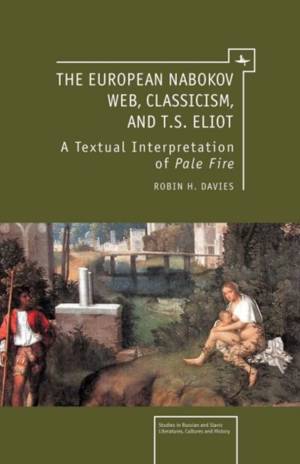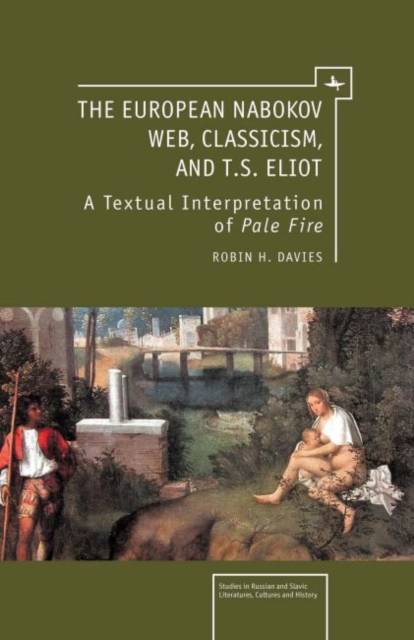
- Afhalen na 1 uur in een winkel met voorraad
- Gratis thuislevering in België vanaf € 30
- Ruim aanbod met 7 miljoen producten
- Afhalen na 1 uur in een winkel met voorraad
- Gratis thuislevering in België vanaf € 30
- Ruim aanbod met 7 miljoen producten
Zoeken
Omschrijving
Robin Davies here demonstrates that Nabokov's Pale Fire has a classical unity and represents a direct attack on T.S. Eliot's philosophical position, particularly as given in The Waste Land and as represented by Eliot's later tendency for conservatism in literature, politics, and religion. After Nabokov was forced into exile from Germany and then France in the 1930s with his young son and Jewish wife, Eliot's passivism must have seemed to him the very antithesis of survival. The enigmatic Pale Fire and its surface triviality suggested that there could be self-consistent logic within the obvious commentary of Charles Kinbote and John Shade's poem. Davies places this work in its vast European context, forming a bridge between Russian and European literature which will be appreciated by scholars of both.
Specificaties
Betrokkenen
- Auteur(s):
- Uitgeverij:
Inhoud
- Aantal bladzijden:
- 235
- Taal:
- Engels
- Reeks:
Eigenschappen
- Productcode (EAN):
- 9781936235650
- Verschijningsdatum:
- 1/09/2011
- Uitvoering:
- Hardcover
- Formaat:
- Genaaid
- Afmetingen:
- 156 mm x 234 mm
- Gewicht:
- 594 g

Alleen bij Standaard Boekhandel
+ 383 punten op je klantenkaart van Standaard Boekhandel
Beoordelingen
We publiceren alleen reviews die voldoen aan de voorwaarden voor reviews. Bekijk onze voorwaarden voor reviews.











